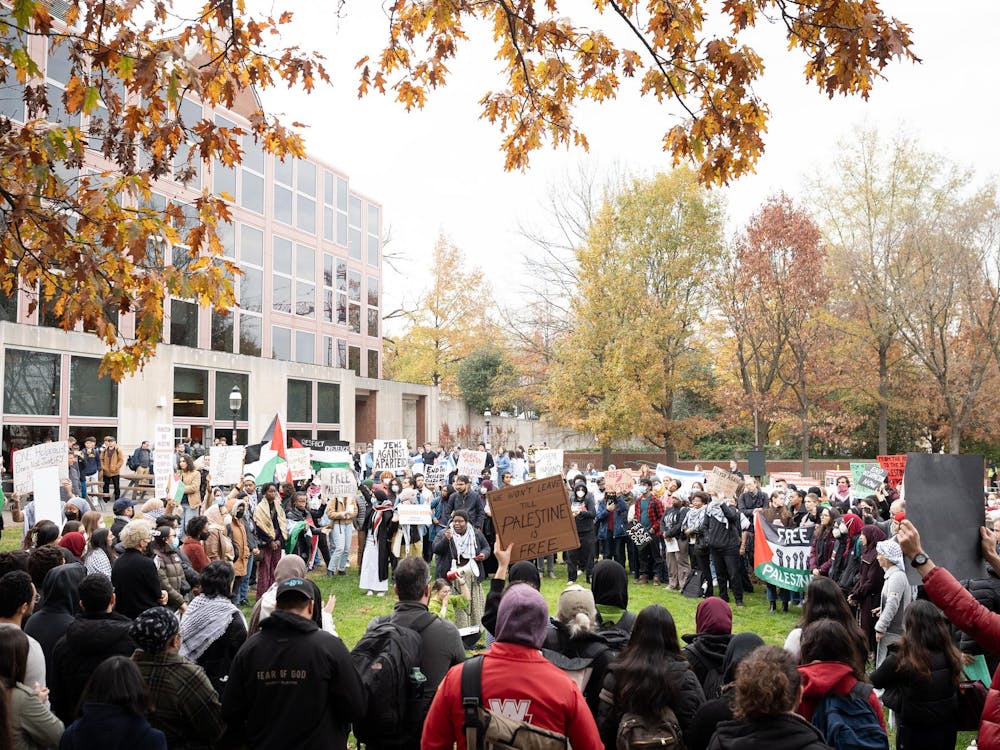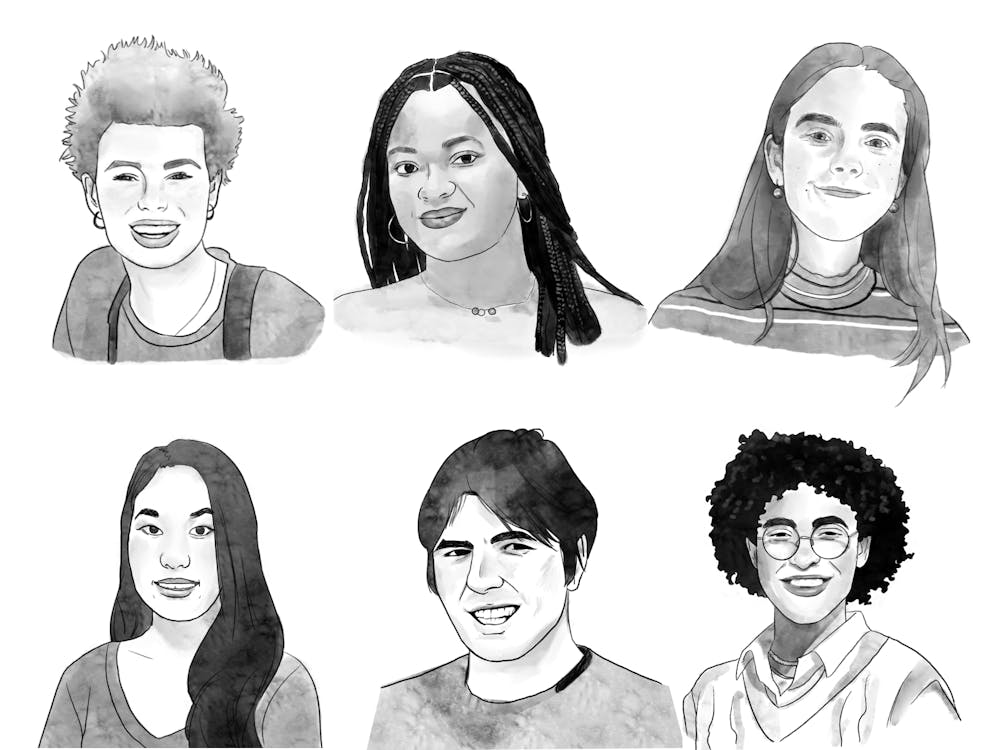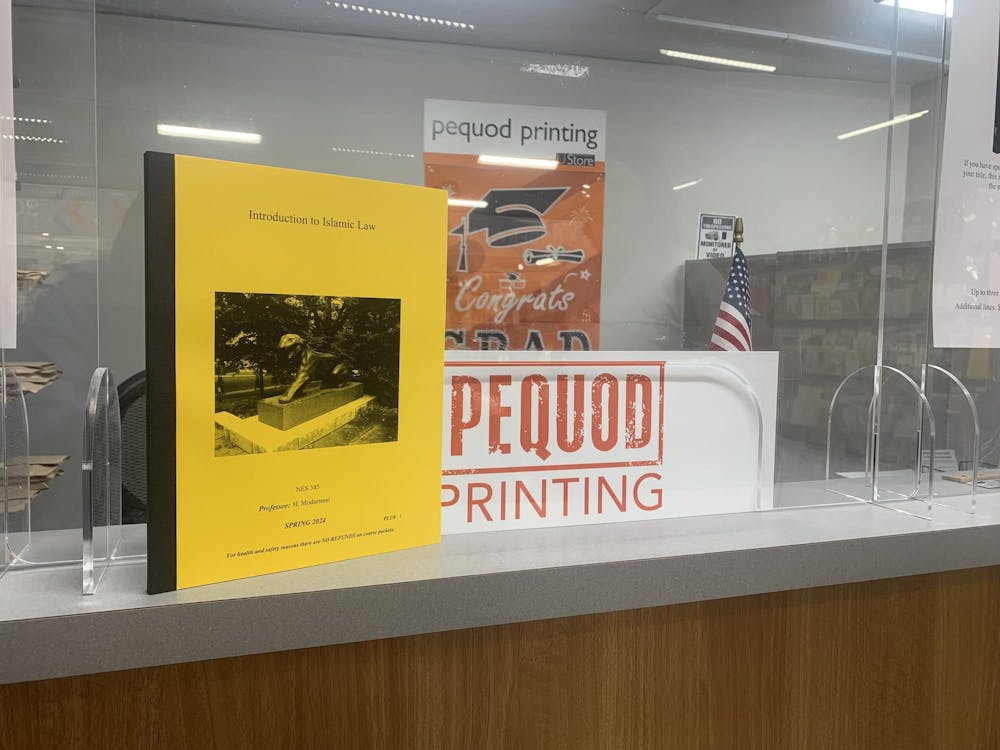Terry Pratchett and Neil Gaiman, in their novel “Good Omens,”wrote “most of the great triumphs and tragedies of history are caused, not by people being fundamentally good or fundamentally bad, but by people being fundamentally people.” I remembered these words this month as I watched the world bleed, this week as campus tore itself apart over race, and this year as dear friends, despite (or because of) their senses of justice, loyalty and love, hurt each other and me. We are all ineffable, magnificent beings, but that same ineffability all too often builds walls of hate and misunderstanding.
The Sunnis in Iraq and Syria live in a world so alien to us that there is no hope of comprehending the conflicts that we meddle in. From generations of bloodshed and scarcity has grown an ideology which says, “The world is against us. Join us, fight, kill and bring about paradise.” But you cannot defeat a grief-filled history with swords or AK-47s. So the cradle of civilization bleeds fire and dust, with no end in sight.
This ideology, cloaked in the language and symbols of an ancient and diverse religion, finds lost souls in the West. Most Muslims, even isolated and hard-put-upon youths, will not succumb to Islamic fundamentalism, but too many find in this ideology the solace of belonging, the clarity of something to fight against, the cure for aimless existence. So families are torn apart as children leave home to find life in death. So desperate men throw the City of Light into darkness and grief. Did these souls feel whole as their bodies are torn to bits in twisted martyrdom? Improvised explosive devices and explosive vests do not bring belonging.
And how did we respond? Sadly, fear builds walls: Europe closes her borders, and talking heads preach ignorance and hate. But hope and compassion may yet tear down those walls: I have seldom been more hopeful than at the outpouring of solidarity for refugees, victims and persecuted Muslims.
Here and on campuses across the country, we build our own walls. Last week, protesters marched through the library in Dartmouth, shouting, “Black Lives Matter.” The students studying there would perhaps have empathized, but the protests turned ugly. I cannot claim to understand the pain that generations of oppression have wrought. But it saddens me when protesters intimidate photographers seeking to understand the protests at Mizzou, to spit on conference attendees at Yale, to yell at crying Dartmouth students,“Fuck your white tears.” It saddens me even more that, if Yik Yak indicates any component of campus sentiment, righteous anger often does not change minds but only hardens hearts. Protests lashing out at professors and administrators change actions through fear;the route to changing minds is longer, murkier. Again, though, I am heartened by the dialogue which grows from these controversies, the occasions when we leave the picket line or comment threads and engage with our fellow students as human beings.
This has been clarified for me this year on an all too personal level. People I love have hurt me, have hurt each other, to the core. Not for any ill will, but our basic incapacity to understand each other’s entirety. The pain these misunderstandings and barriers bring will seem petty in months or years, but pain isn’t measured in hindsight. In the meantime, all we can do is struggle for understanding and community.
This next week is Thanksgiving. The holiday’s origins are neither as pure nor as idyllic as schoolchildren learn, but timeless celebrations of shared bounty suggest much to be grateful for. We live in a world where the greatest dangers are not marauding monsters but ideas. And it’s damn hard to kill an idea. Racism cannot be defeated with personal attacks. Fundamentalism only feeds on walls, bombs and desperation. We humans protect our own fiercely, and when we draw lines in the sand we fight all too effectively across them. But when, rather than borders, we draw bonds of community, the shared bounty is enough to feed all at the table.
Our grandest victories and most dismal defeats are caused by people being people. Likewise when it comes to our most tender moments and sharpest heart pains. And people are, fundamentally, clumps of cells woefully ill-equipped for understanding ourselves, let alone each other or our universe. But clinging to a globe of dirt for protection from the boundless night, we struggle on, trying to understand, together. That’s one unwinnable fight nonetheless worth fighting.
Bennett McIntosh is a chemistry major from Littleton, Colo. He can be reached at bam2@princeton.edu.









